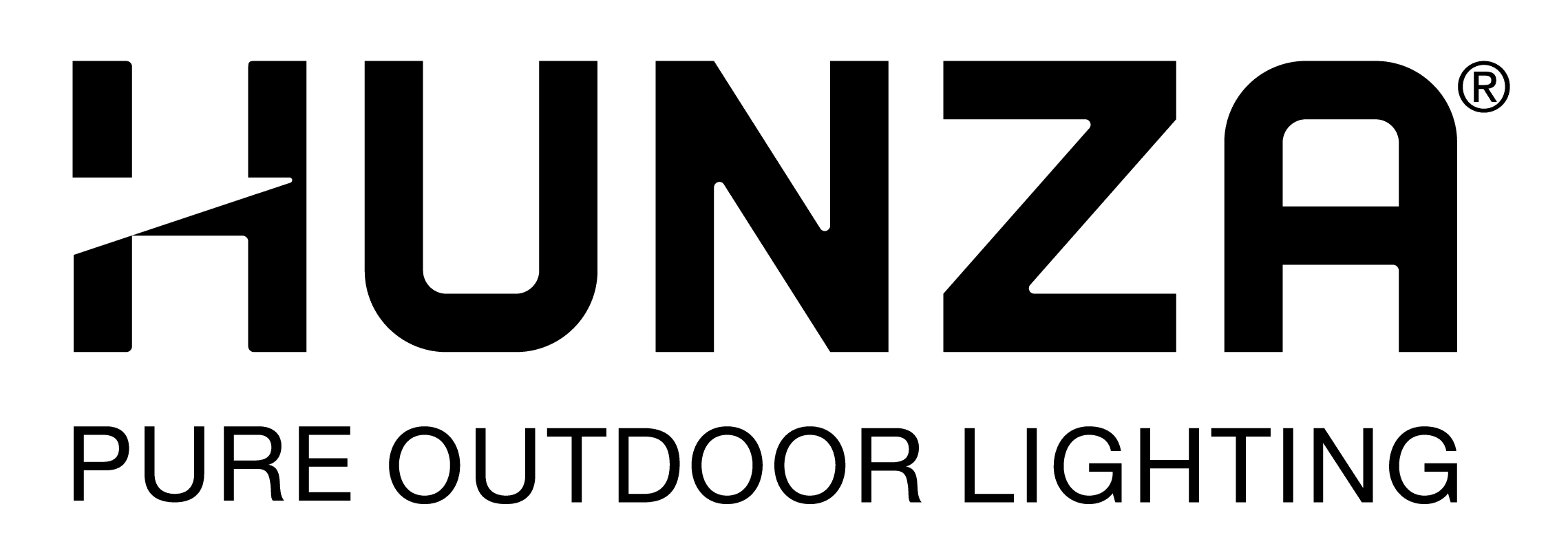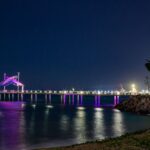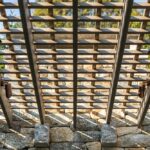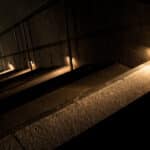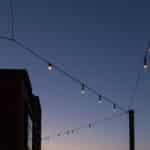Ingress Protection Rating – IPR
IP ratings, also known as Ingress Protection ratings, are a standard way to measure the degree of protection provided by an electrical enclosure or device against the intrusion of solid objects (like dust) and liquids (like water) into its interior.
In the case of outdoor lighting, IP ratings are used to indicate how well the fixture is protected from environmental factors such as rain, dust, and other elements that can potentially damage the light and shorten its lifespan. The IP rating consists of two digits, with each digit representing a different type of protection.
At Hunza, we take great pride in achieving high IP ratings for our luminaires. Here are some commonly mentioned IP ratings and what they mean.
| CLASS | PROTECTION FROM FOREIGN BODY AND PARTICULATE INGRESS: | PROTECTION FROM MOISTURE INGRESS |
|---|---|---|
| IP65 | Full protection against dust and other particulates, including a vacuum seal, tested against continuous airflow. (IP6X) | Protection against low-pressure jets (6.3 mm) of directed water from any angle (limited ingress permitted with no harmful effects). |
| IP66 | Full protection against dust and other particulates, including a vacuum seal, tested against continuous airflow. (IP6X) | Protection against powerful jets (12.5 mm nozzle) of directed water from any direction. (IP6X) |
| IP67 | Full protection against dust and other particulates, including a vacuum seal, tested against continuous airflow. (IP6X) | Protected from immersion between 15 centimeters and 1 meter in depth (IP7X) |
| IP68 | Full protection against dust and other particulates, including a vacuum seal, tested against continuous airflow. (IP6X) | Protection against full immersion for up to 30 minutes at depths between15 cm and 1 metre (limited ingress permitted with no harmful effects). |
IP rating for outdoor lights is key to both the safety and proper functioning of any unit installed where condensation, rain or wind-blown foreign bodies might pose a potential risk to circuitry and users alike. This includes accent lighting and soffit spots, safety or task floods, PIR/security sensor lights and more.
- The following are general industry rules of thumb for outdoor lighting, but it’s always wise to seek manufacturer or supplier advice for your specific application scenario before installation:
- IPX3 will protect against continuous spray at up to a 60° angle, which is generally considered sufficient in partially enclosed or covered areas.
- IPX4 is more commonly used as a minimum in more exposed spaces.
- If the lights are likely to be cleaned using pressurised jets, they should be rated at IPX5 or above.
- Any lighting intended for immersion (e.g. pond or pool lighting) up to a depth of 1m must be rated at least IPX7, but always check explicitly with the manufacturer before installing any lighting below the surface of the water.
- Immersion at greater depths will require IPX8, and should again be checked explicitly for precise ingress resistance capabilities before installation.
There are several benefits to having a high IP rating for outdoor lighting:
- Protection from dust and other solid particles: A high IP rating indicates that the fixture is dust-tight and can provide protection from solid particles that could damage the light or reduce its lifespan. This is particularly important in environments with a lot of dust, dirt, or debris.
- Protection from water and moisture: A high IP rating also indicates that the fixture can provide protection from water and moisture, which can damage the light and potentially cause electrical hazards. This is especially important in outdoor environments where the light may be exposed to rain, snow, or other moisture.
- Durability and longevity: By providing protection against dust, water, and other elements, a high IP rating can help to extend the lifespan of the fixture and reduce maintenance costs over time. This is especially important for outdoor lighting fixtures that may be difficult or expensive to access for regular maintenance or replacement.
- Versatility: Fixtures with a high IP rating can be used in a wider range of environments and applications, making them more versatile and useful for a variety of outdoor lighting needs.
Overall, a high IP rating for outdoor lighting provides peace of mind that the fixture will be able to withstand the elements and perform reliably in a wide range of environments.
